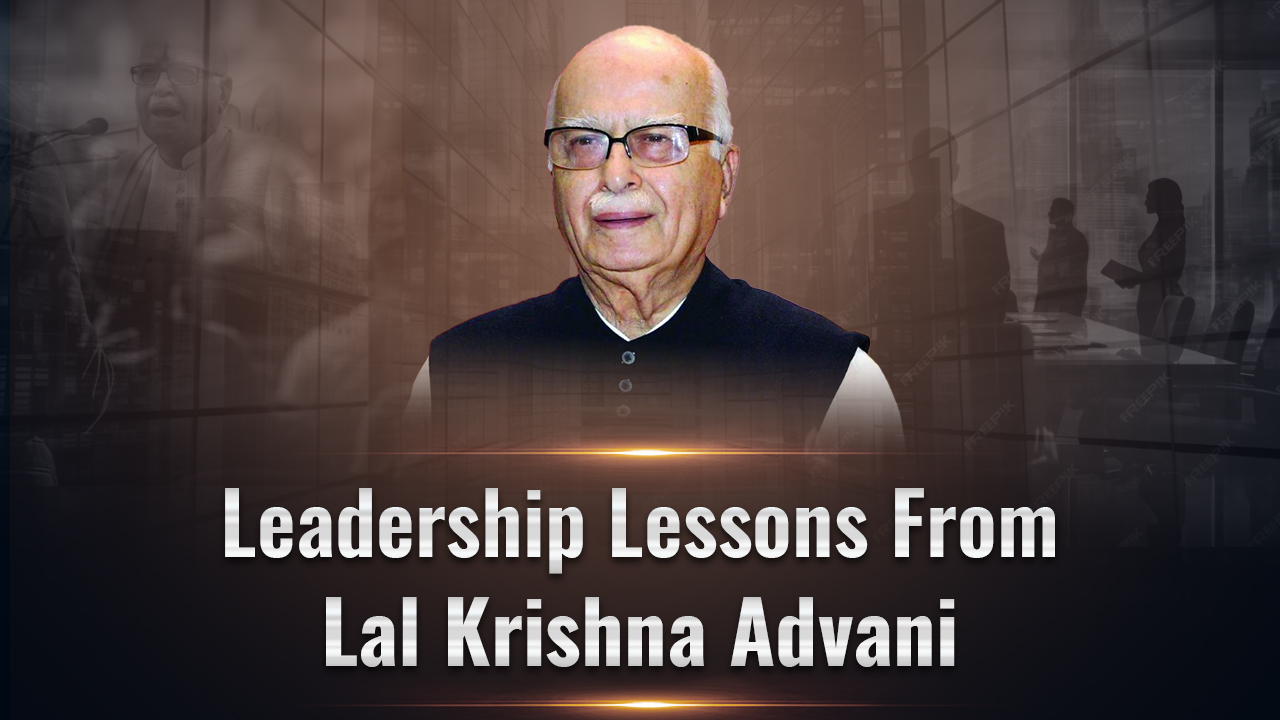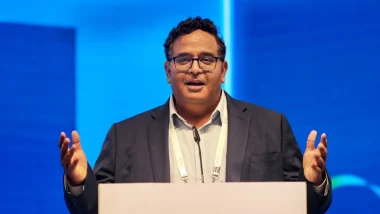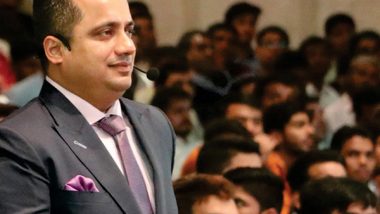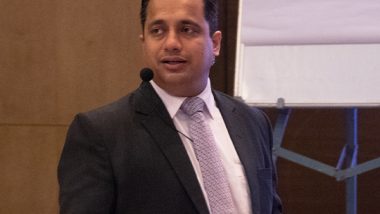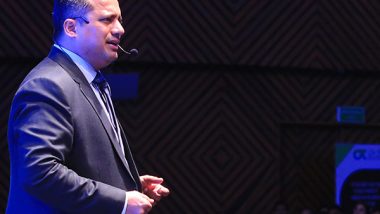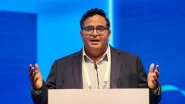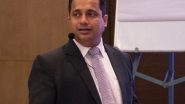Indian political system has experienced many ups and downs with different leaders coming in and out. However, in making the nation best suitable for the people to live and express their freedom, some give pieces of advice whereas some leave a heavy stamp with their incredible skill of serving the nation. One such man who has crossed all boundaries to serve the Nation is the longest-serving minister in India. Let's jump into the journey of Lal Krishna Advani.
Who is Lal Krishna Advani?
Lal Krishna Advani is an Indian politician who served in the Indian Goverment for decades under the guidance of Shri Atal Bihari Vajpayee. He is a man known for his leadership skills, the BJP (Bhartiya Janta Party ) Chief representative, Deputy Prime Minister, Right-wing Hindu nationalist volunteer organization, Home Minister (1995-2004), Leader of the Opposition in Lok Sabha and understands time before time.
Served as the 7th Deputy Prime Minister of India (29 June 2002 – 22 May 2004), he is one of the co-founders of Bhartiya Janta Party (BJP) and a member of the Rashtriya Swayamseva Sangh (RSS). He was also the prime ministerial candidate of the BJP during the 2009 general; election.
From Pakistan to India: A Journey of Serving Nation And Its People!
Lal Krishan Advani was born in Karachi, Pakistan and migrated to India during the Partition of India, settled and completed his college education in Bombay. He was the leader who was familiar with two languages only Sindi and English. He joined RSS at the age of fourteen (1941) and worked as a pracharak (preacher) in Rajasthan.
KickStart Their Political Career At the Age of Fourteen
Lal Krishan Adani joined politics at the age of fourteen. In 1951, he became a member of Bharatiya Jana Sangh (later merged into Bhartiya Janta Party) was founded by Syama Prasad Mookerjee. He performed various roles in his tenure including in charge of parliament affairs, general secretary, and President of the Delhi unit.
Advani was elected as the chairman of the first Delhi Metropolitan Council(1967-1970) while being a member of RSS. Moreover, 1970 was the year of change for him. He became a member of Rajya Sabha (1970-1989). He also became president of Jan Sangha(1973) and merging with the Bhartiya Janta Party in 1977 and victory in the elections, made Advani the Union Minister for Information and Broadcasting, and the leader in Rajya Sabha.
Advani's Bold Move: Scaling the Heights of the Mountain with BJP
Advani was one of the founding members of the BJP along with Atal Bihari Vajpayee and served as the president of the party thrice. Elected as a member of Lok Sabha for the first time (1989), he served seven terms. However, his journey was not easy. In 1992, he was alleged to be part of Demolition of the Babri Masjid but because of lack of evidence, he was acquitted by the court.
Moreover, He was a major advocate for building a temple on the disputed Ram Janmabhoomi site in Ayodhya and played a key role in the rise of Hindutva politics in the late 1990s. He has held the position of Leader of Opposition in both houses of the Indian Parliament. He served as the Minister of Home Affairs from 1998 to 2004 and as the Deputy Prime Minister from 2002 to 2004. He was a member of the Indian Parliament until 2019 and is credited with the rise of the Bharatiya Janata Party (BJP) as a major political party. In 2015, he was awarded the Padma Vibhushan, India's second-highest civilian honour. In 2024, he was conferred with the Bharat Ratna, India's highest civilian honour.
Retired From Politics But Still Known For His Superlative Leadership Qualities
- Vision and Persistence:
L.K. Advani co-founded the *Bharatiya Janata Party (BJP)* and played a crucial role in shaping its vision provides a lesson that leaders require a clear vision and the persistence to work towards it, even in challenging times.
- Cultural Nationalism:
Advani believes Cultural Nationalism, connecting India's heritage with contemporary politics showcases that leaders should understand and respect cultural roots while adapting to modern contexts.
- Socio-Economic Progress:
Throughout his career, Advani stressed that good governance, economic development, and national security showcase that leaders must balance economic growth with social welfare and security.
- Navigating Controversies:
Advani faced controversies, especially during the *Ram Janmabhoomi movement. He believes that leaders should handle controversies with grace, transparency, and a focus on the greater good.
- Party Building:
Advani's leadership solidified the BJP's position as a formidable political force. It ensures that leaders should build strong organizations by nurturing talent, fostering unity, and staying committed.
You can read this story in Hindi on our Hindi Business News. - लालकृष्ण आडवाणी जिनकी सोच ने बदला देश की राजनीति का रूप
